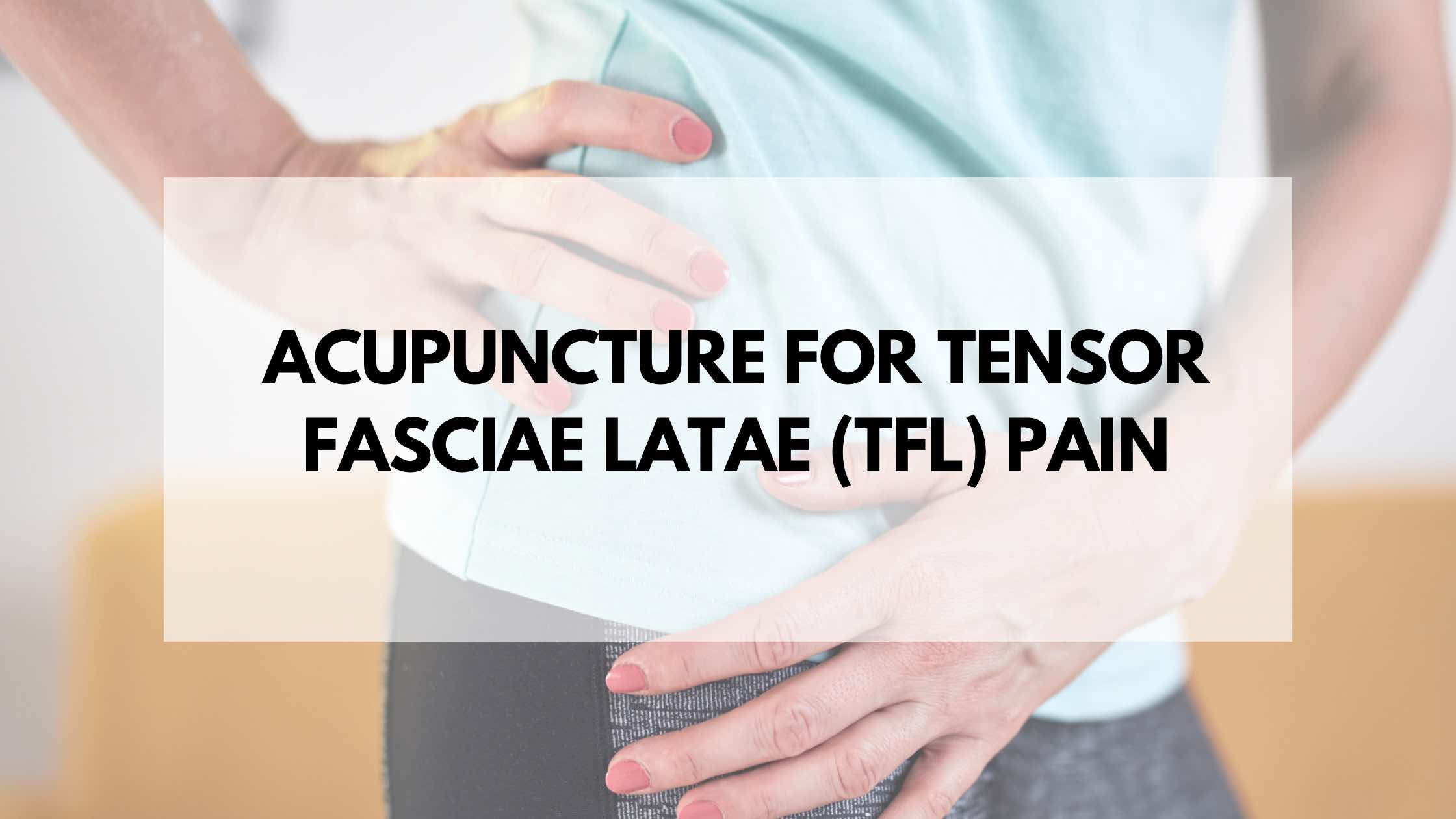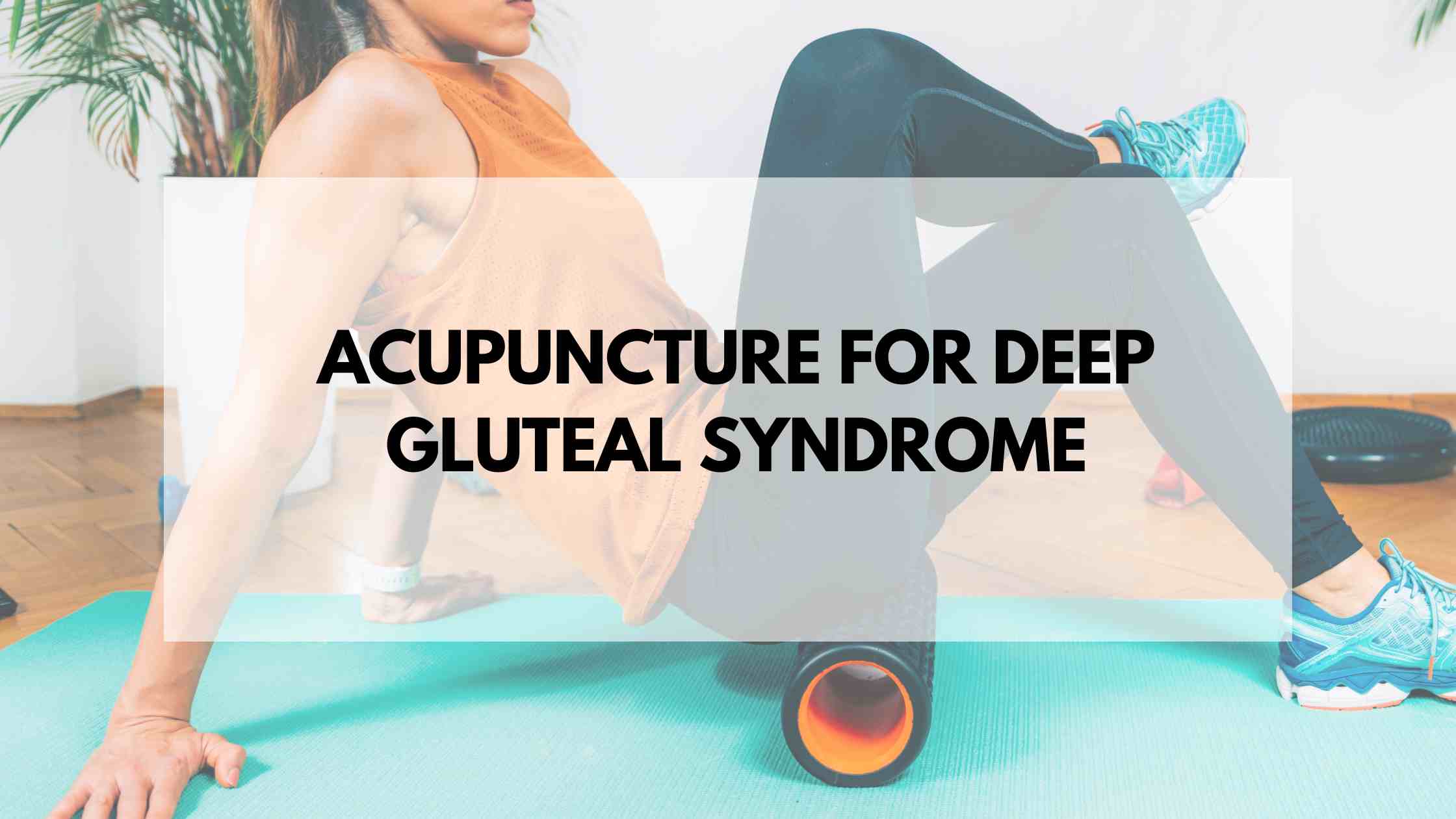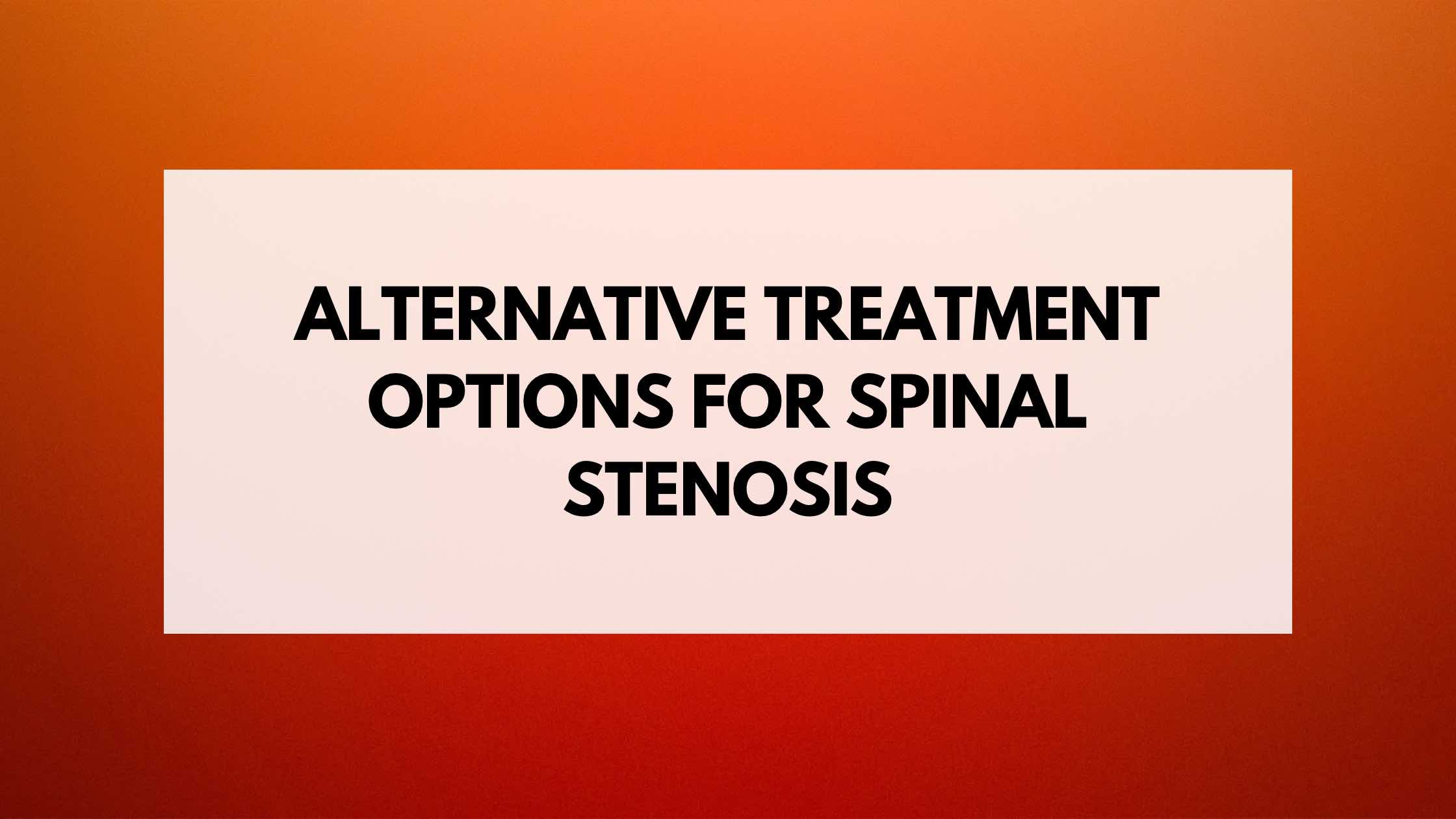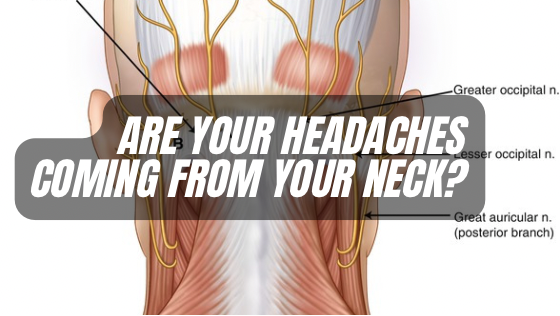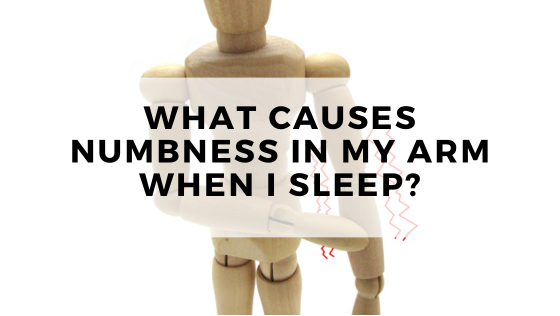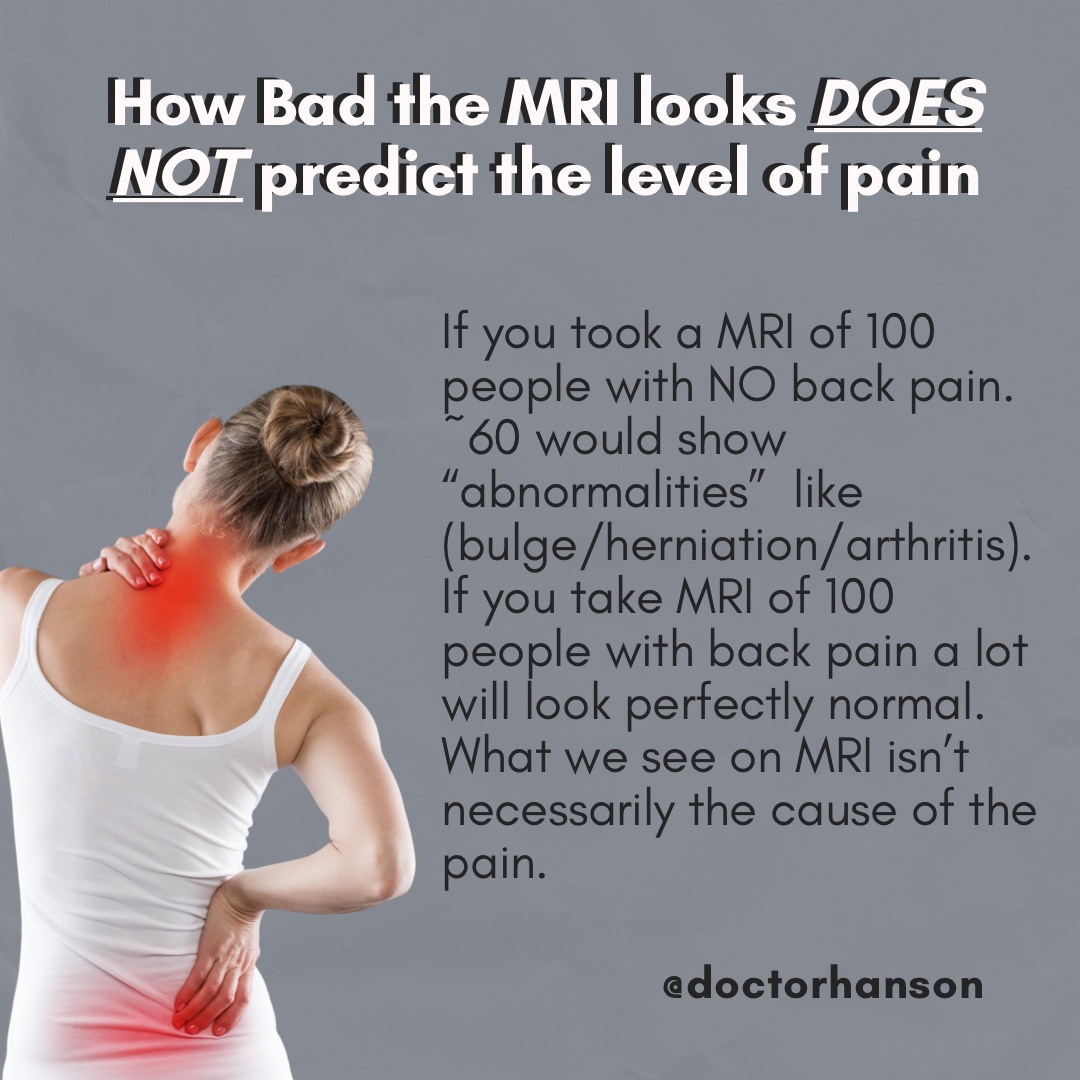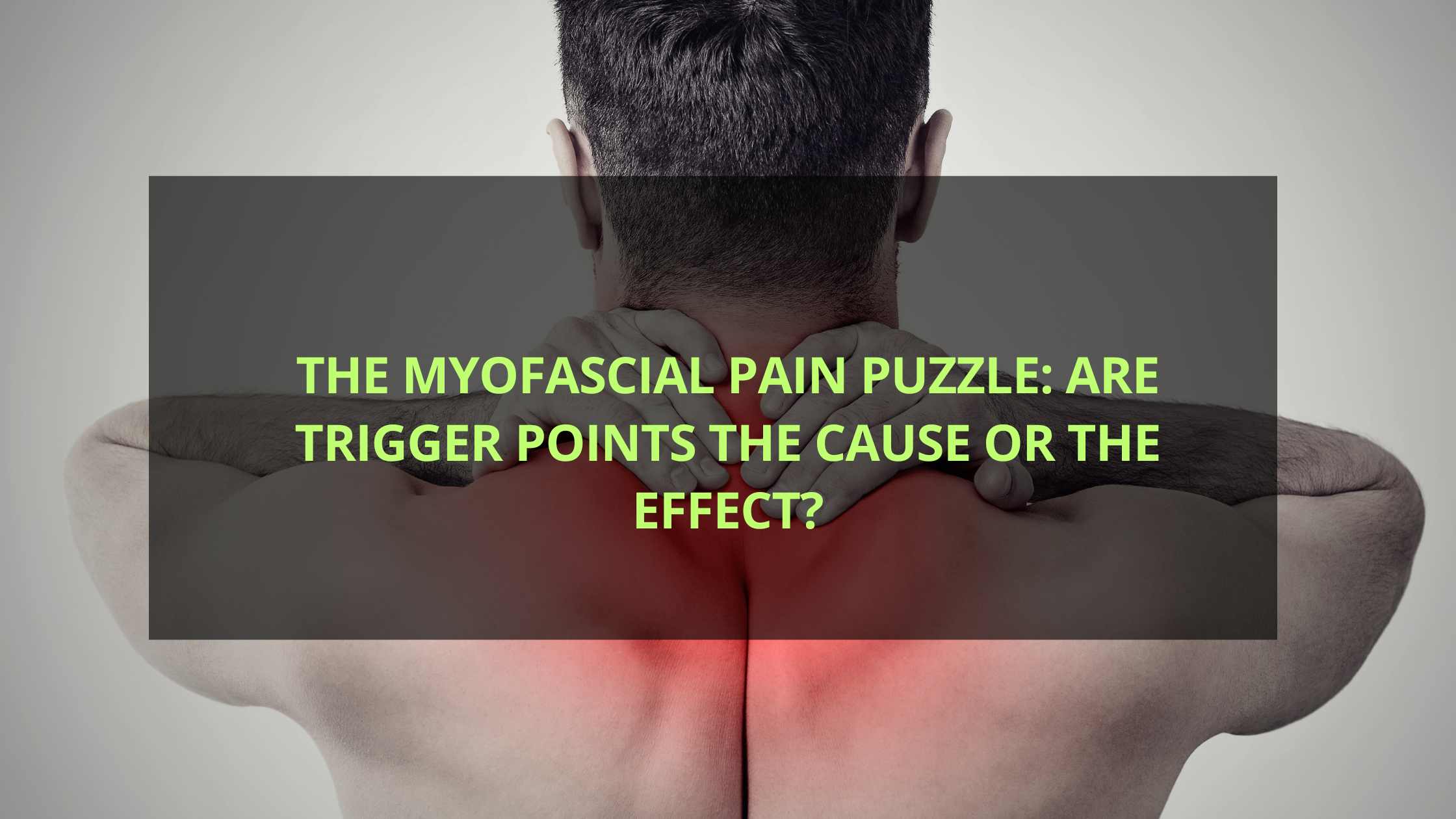
The Myofascial Pain Puzzle: Are Trigger Points the Cause or the Effect?
You’ve felt it—a knot in your shoulder, radiating pain down your arm. It’s a myofascial trigger point (MTrP), and it’s at the heart of a maddening question: Is this knot causing your pain, or is it a symptom of something deeper? Jay P. Shah, MD, a pain research pioneer, calls this the “chicken and egg”



